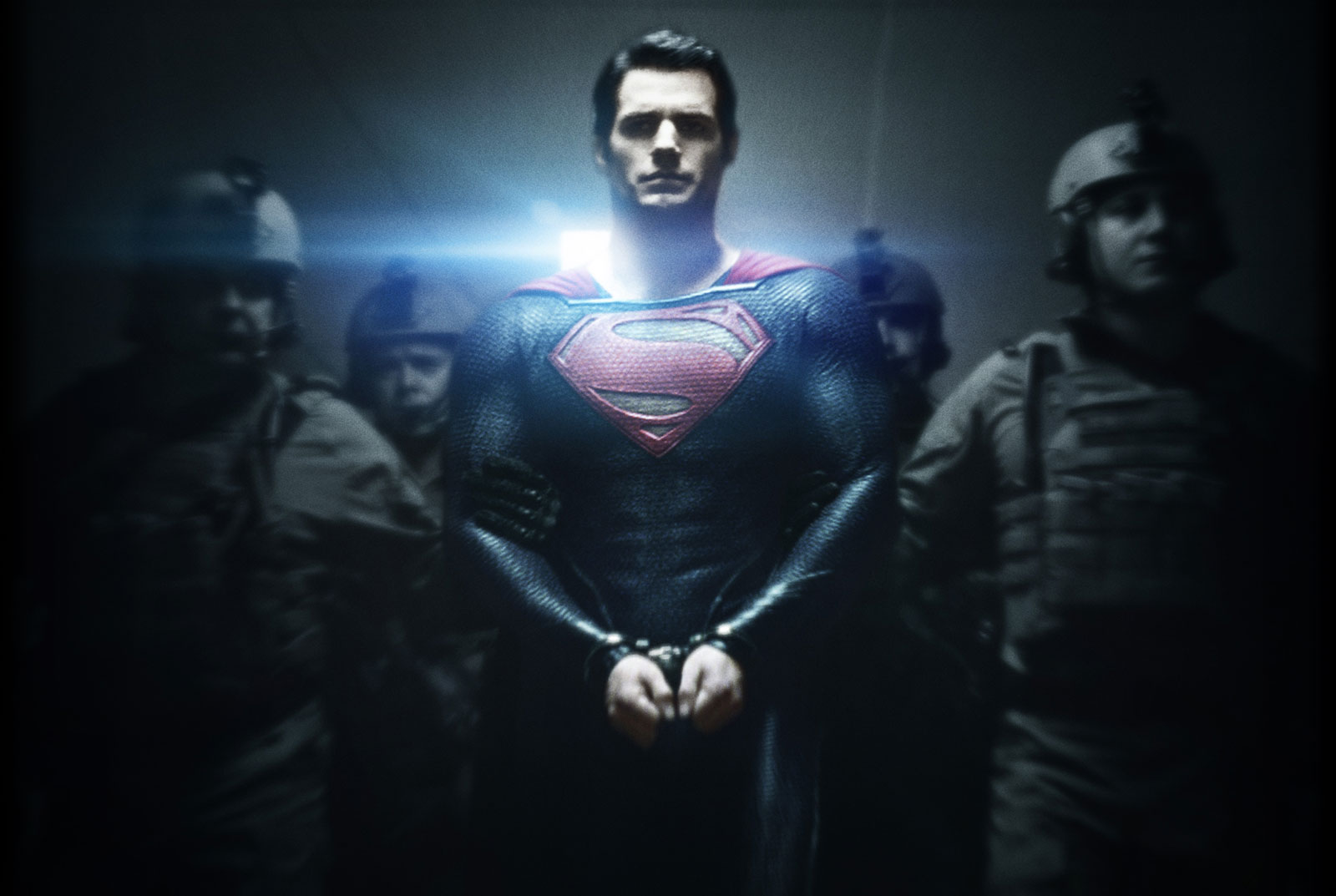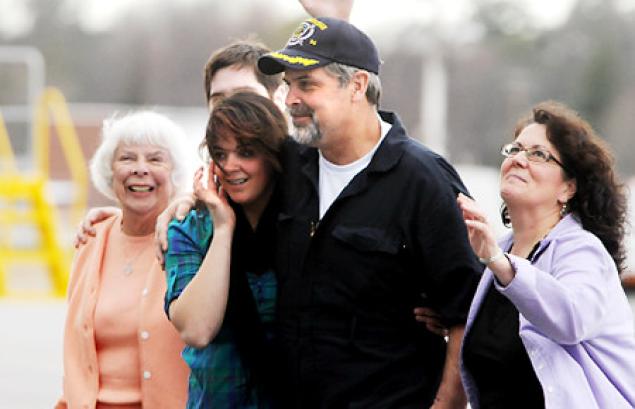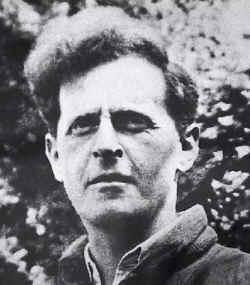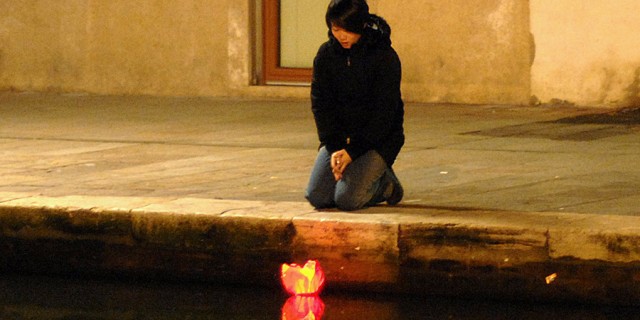

Man of Steel – Zack snyder
All the ‘Fs’ but one: this is a Fascist Fairy tale Fantasy with Fabulous graphics, Fantastic editing and as usual with modern Hollywood, Fetishised technology, especially the multiplicity of devices to kill people with.
The sadly and critically missing ‘F’ is Fun. In those long gone innocent days in which Superman was really born – in the 1938 pages of Action, then DC comics and later in the wonderful 15 minute Saturday Morning Picture reels, it was thrilling enough to spark the imagination that a man could fly, could see through all solids except lead and even kick sand in Charles Altlas’s muscle-bound face. It was fun: kids tied towels and curtain oddments around their necks rushing up and down the street believing for all the world that if they could only get up enough speed they’d take off; one be-fisted hand straight ahead, the other dutifully by one’s side as we were scientifically sophisticated enough to know that aerodynamics required an elongated shape.
Snyder and Christopher Nolan’s ‘hero’, carrying his 75 years pretty well considering – is a dour, dull bit of very beefy cake. Henry Cavill seems a likeable enough guy off screen but brings none of Christopher Reeves’ self-mocking charm and ironic insouciance that both endeared the actor to us and whatever else, made those first big screen incarnations of the man of steel both exciting and so light-heartedly entertaining.
Most Art needs some sense of necessity, of limit, to challenge the artistic imagination into overcoming it: the sculptor who can chisel from implacable and unyielding granite an impression of sensuous curves and lightness of line belying the unforgiving essence of his raw material. The painter, limited to two-dimensional canvas and the limited possibilities of pigment and texture, creating a sense of depth both of perception and imagination.
The trouble with modern CGI and graphics technology is that it has now reached such a level of sophistication that it is virtually (sic) without limit. There is no physical event in the world, however physically impossible or scientifically absurd that the geniuses of modern cinematic technology cannot absolutely convince us is actually happening before our eyes. Unfortunately, the inherent, visual naturalism of cinema allied to the exponential power of the digital computer, is a triumph of literality over imagination. Modern Hollywood action movies leave no aesthetic space for the imagination – young or old. If modern kids even bother to dress up as their heroes they will be contemptuously dismissive of towels and curtains; their impersonations requiring, and easily getting, fully detailed, proper costumes or authentically (trademarked) pictured tee-shirts and hoodies etc. It is the two-edged sword of American genius to have merchandised the imagination and commoditised art.
Snyder and Nolan’s revisionist re-invention, not of the original source material, but of the original Superman movies, is a wilfully indulgent 143 minutes (no limit again) of unremitting smash and bash: an orgy of physical destruction lacking any constructive visual or aural cadence and thus suffering a gradually accumulating law of diminishing dramatic returns. Arty farty fiddling with the chronology of the Earthly development of Ma and Pa Kent’s (Diane Lane and a wasted Kevin Costner) alien adoptee and the death of his home planet is just plain perverse, fragmenting any sense of identification with the ‘growing pains’ of a super-being. It also denies us all those wonderfully anticipatory moments, often deliciously amusing, when the school bully or high school creep is about to get their more than just come-uppances.
The essence of the Superman myth is a delicious fantasy of the powerlessness of childhood in an adult world being overcome; of the empowerment of the innocent bullied over the bully-led threatening group – of the triumph of right over wrong, of justice over power. However corrupted by the cynicism of modern politics and the exploitation of this morally obtuse movie – that was the American way Superman stood for.
Pa Kent loads this poor interplanetary cuckoo with so much ethical and Existential angst even his super-powers can’t prompt his vestigial personality into anything that might vaguely interest us. It doesn’t need to of course as his few momentary pauses in single-handedly destroying the physical universe are filled with dialogue that even George Lucas would regard as banal. My God what happened to the intelligent perceptiveness of the Christopher Nolan of The Dark Knight?
Planet Krypton is dying from irreversible ecological exploitation. A Brave New Worldian society, baby Kryptonites are decanted outside the womb in a chillingly deterministic way to rigid hierarchical pre-determined roles like worker bees and warrior ants etc. This dystopian vision is glossed over as if pretty normal though the Els – (Daddy) Jor (Russell Crowe) and wife Lara bring baby Kal into the dying world the fun way. (No mention is made of Ernie – he was probably off playing celestial golf somewhere).
Jor nicks the Krypton genetic code thingy and blasts Kal off to an unsuspecting Earth. For absolutely pointless reasons General Zod (Michael Shannnon as his usual freaky self) and some chums are banished to the Ghostly region of space. Some punishment – escaping the annihilation of the rest of Krypton, safely tucked up in a space ship. Zod of course resolves to seek out Kal, recover the genetic thingy and recreate the Krypton race. There are frequent evocations of some very dark sub-text assumptions in this movie.
Ma and Pa Kent find Kal, hide his spaceship and raise him to keep his super-powers secret as human beings are obviously too stupid to cope with the truth. In a classic moment Pa Kent rushes into the path of a tornado to rescue the family dog. Outcome? Well it’s not a spoiler to say that of course, as it is an iron-clad rule of Hollywood – the bloody dog makes it. The other consequence of this moment is lazily and gratuitously stupid but required by the plot – so who cares?
When Zod and the Zoddy-men’s spaceship creates a top secret stir up pops Amy Adams’s Pulitzer Price-winning Lois Lane. This irreducibly bland actress is as far removed from the legendary feistiness of Ms Lane as it’s possible to get and delivers lines like “when you’ve stopped measuring the size of your dicks” as if she were judging a sponge pudding contest.
Meanwhile Zoddy is threatening the end of the human race unless Kal is given up to him. In the profoundly murky moral climate that runs through this ethically chaotic movie, the perfidious politicians, mostly indistinguishabe from the military, decide to accede to these demands even before Clark decides to hand in his cape of his own accord. A very great deal of destruction then ensues; half of New York collapsing in images cynically exploiting the iconography of 9/11. Endless mayhem rules with the main protagonists bewilderingly favouring crashing through walls rather than, well, opening the odd door or two.
The battle between Kal and Zod assumes a dumb, head-bashing war of attrition without imagination, plan or strategy. This is the American way of war: overwhelming force meets overwhelming force – might is right because might always prevails in the end. It’s just the right might – powerful enough. Leaving for example, half of New York a smouldering ruin: collateral damage I suppose.
Snyder sticks in a few pointless changes of detail: the name ‘Superman’ is studiously avoided until very late on because the ‘S’ on his chest means ‘Hope’ in Krypton. Profound stuff eh? Episode 2 is set up with unconvincing almost indecent haste as we leave Clarky donning Buddy Holly specs in the last few hastily cobbled together moments as a new reporter on the Daily Planet run by a mis-cast Laurence Fishburne as Perry White.
I know we shouldn’t take this tosh seriously but this movie is a corruption of the albeit simplistic moral clarity of the original children’s comics. A true myth asks ethical questions and offers moral choices and conflicts without defining solutions. Just as Art needs a constraint so it was always a central issue in the Superman myth as to what were the limits, enforced by necessity or chosen freely, to his super-powers. It needed imagination and thoughtfulness to pose and mediate these conflicts: two qualities almost totally lacking from every aspect of Man of Steel – except the computer graphics and special effects.
As with many other Hollywood action blockbusters, underlying Man of Steel is a pervasive air of paranoia, reaching out to military power and force as the only way to deal with an ever fragile sense of safety. It flirts with genocide as a dramatic device and seems oblivious to the visual and dramatic brutalism it tacitly endorses. Literally overkill.
Thinking the unthinkable can be a valid artistic enterprise; but the blithe acceptance of millions of deaths as the inescapable price that must be paid for the eventual triumph of might is a Fascist message even if trivially dressed up as a harmless slice of popular entertainment. The line between cinematic fantasy and political reality is becoming increasingly blurred as for example the gungo-ho jingoistic illegal invasion of Iraq, the quagmire of Afghanistan, extraordinary rendition practices and the assassination of Osama Bin Laden all serve to suggest.
The hundreds of million dollars sunk into Man of Stee l will of course, render a profit but this shiny but shoddy commoditised exploitation of a simple, even simplistic little piece of 75-year-old imaginative invention does little credit to anyone involved. Such a disappointment. And an unworthy one.
Filed under: Zack Snyder | No Comments »











